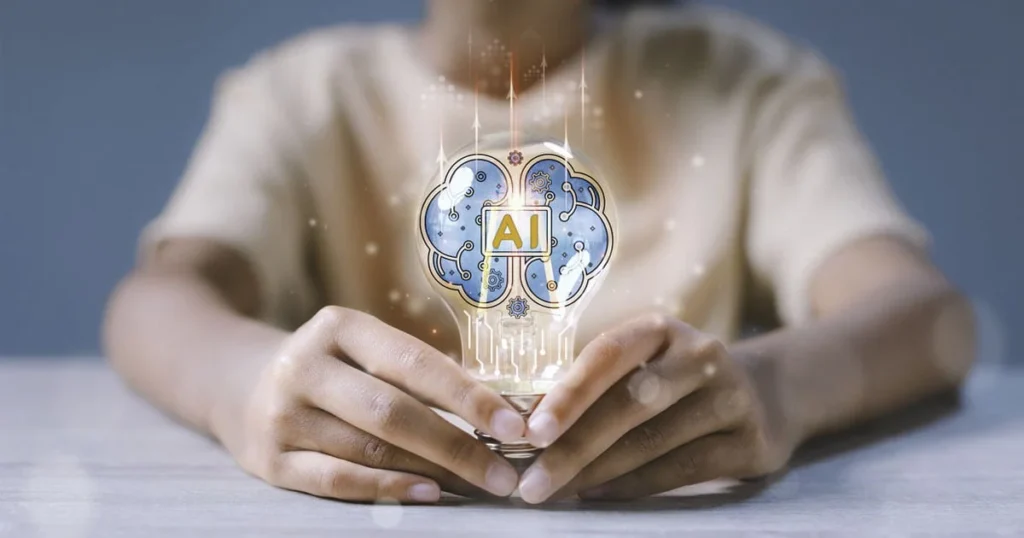
Introduction: The AI Revolution in Education
In the rapidly evolving landscape of modern education, artificial intelligence (AI) has emerged as a groundbreaking technology that promises to revolutionize how educators teach, engage, and support students. From personalized learning experiences to administrative efficiency, AI is not just a futuristic concept but a present-day tool that can dramatically enhance educational outcomes. This comprehensive guide explores the multifaceted ways educators can harness the power of AI to create more effective, engaging, and inclusive learning environments.
The Current Educational Landscape
The education sector has long been searching for innovative solutions to address challenges such as personalized learning, administrative burden, and student engagement. According to the Global Market Insights report, the AI in education market is projected to exceed $20 billion by 2027, underscoring the transformative potential of this technology. Educators who understand and implement AI tools are positioning themselves at the forefront of educational innovation.
1. Personalized Learning Experiences
Adaptive Learning Platforms
AI-powered adaptive learning platforms represent a quantum leap in personalized education. Tools like Khan Academy and Knewton use sophisticated algorithms to analyze individual student performance, identifying strengths, weaknesses, and learning patterns. These platforms can:
- Dynamically adjust content difficulty
- Provide targeted practice materials
- Generate personalized learning pathways
- Offer real-time feedback and recommendations
By leveraging machine learning, these platforms create a truly individualized learning experience that adapts to each student’s unique needs, pace, and learning style.
Intelligent Tutoring Systems
Intelligent Tutoring Systems (ITS) powered by AI can provide one-on-one tutoring experiences that were previously impossible at scale. These systems:
- Offer instant, personalized feedback
- Identify knowledge gaps
- Provide step-by-step guidance
- Simulate human-like interactions and explanations
Platforms like Carnegie Learning use AI to create math tutoring experiences that are remarkably similar to having a personal tutor available 24/7.
2. Administrative Efficiency and Automation
Streamlining Routine Tasks
Educators spend countless hours on administrative tasks that could be automated. AI tools can help by:
- Grading objective assessments automatically
- Generating detailed student performance reports
- Scheduling and managing administrative workflows
- Predicting student enrollment and resource needs
Gradescope, an AI-powered grading tool, can reduce grading time by up to 70%, allowing educators to focus more on teaching and student interaction.
Predictive Analytics
AI-driven predictive analytics can help institutions:
- Identify students at risk of falling behind
- Predict potential dropout rates
- Recommend targeted interventions
- Optimize resource allocation
IBM’s Watson Education provides advanced analytics that help educational institutions make data-driven decisions.
3. Enhanced Content Creation and Curriculum Development
AI-Powered Content Generation
Modern AI tools can assist educators in:
- Generating lesson plans
- Creating educational content
- Developing quiz and assessment materials
- Suggesting multimedia resources
Platforms like ChatGPT and Anthropic’s Claude can help educators brainstorm and develop comprehensive educational content quickly and efficiently.
Curriculum Optimization
AI can analyze curriculum effectiveness by:
- Identifying learning gaps
- Suggesting content improvements
- Aligning curriculum with industry and academic standards
- Providing insights into student engagement
4. Language Learning and Accessibility
AI Translation and Language Tools
AI-powered translation and language learning tools like Duolingo and Google Translate can:
- Break down language barriers
- Provide real-time translation
- Offer personalized language learning experiences
- Support multilingual education
Accessibility Solutions
AI can create more inclusive learning environments by:
- Generating real-time captions
- Providing text-to-speech capabilities
- Creating adaptive interfaces for students with disabilities
- Offering personalized learning support
5. Professional Development for Educators
AI-Driven Training and Upskilling
Educators can leverage AI to:
- Identify personal professional development needs
- Access personalized training resources
- Track skill progression
- Participate in adaptive learning programs
Coursera and edX offer AI-powered platforms for continuous professional development.
Ethical Considerations and Challenges
While AI offers tremendous potential, educators must also consider:
- Data privacy and security
- Potential algorithmic biases
- The importance of human interaction
- Continuous technology evaluation
Conclusion: Embracing the AI-Enhanced Educational Future
The integration of AI in education is not about replacing educators but empowering them. By embracing these technologies, educators can create more personalized, efficient, and engaging learning experiences that prepare students for a rapidly changing world.
Call to Action
Educators are encouraged to:
- Stay informed about AI technologies
- Experiment with AI tools
- Participate in professional development
- Approach AI as a collaborative tool
The future of education is not just about technology, but about how we use technology to unlock human potential.
References and Further Reading
Disclaimer: This article is current as of 2024 and reflects the rapidly evolving landscape of AI in education.

